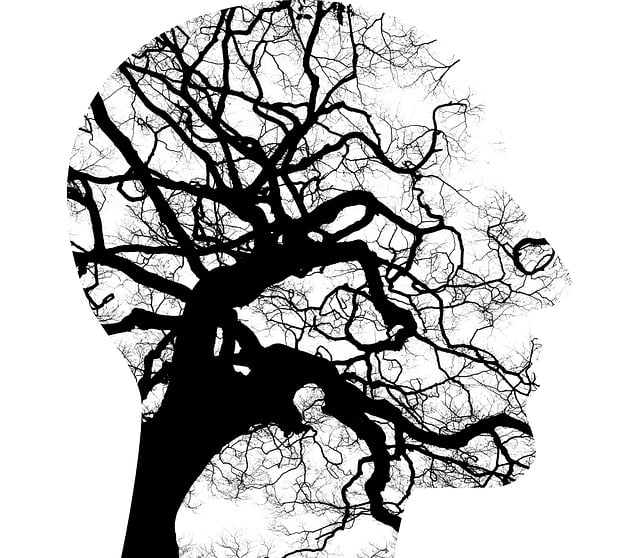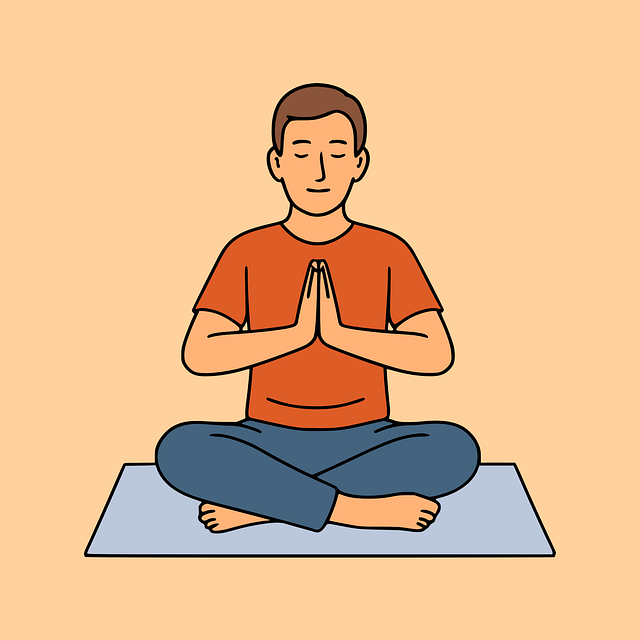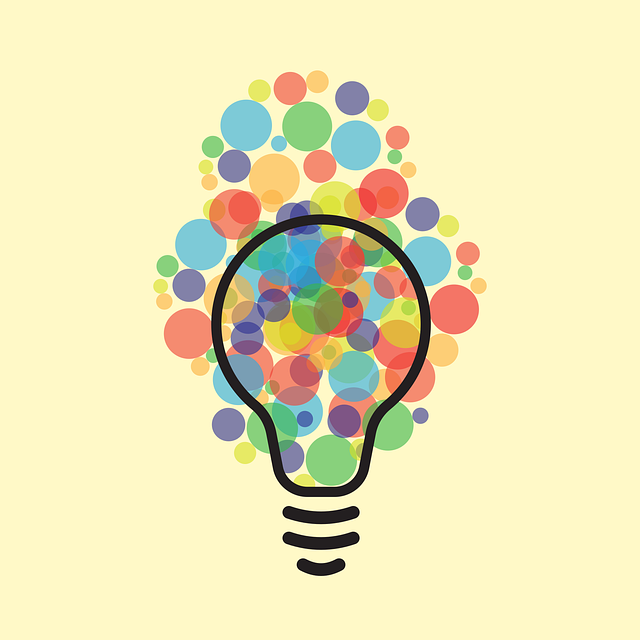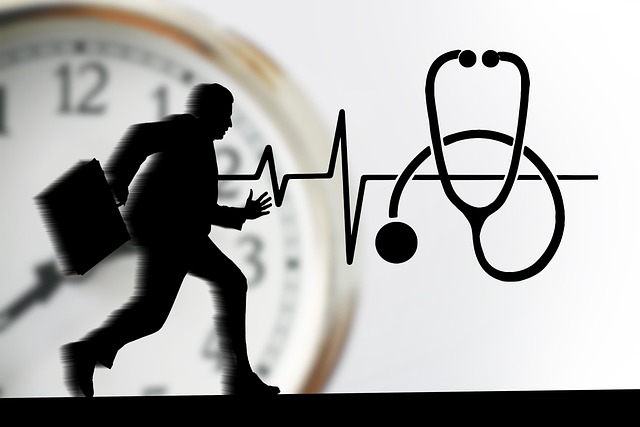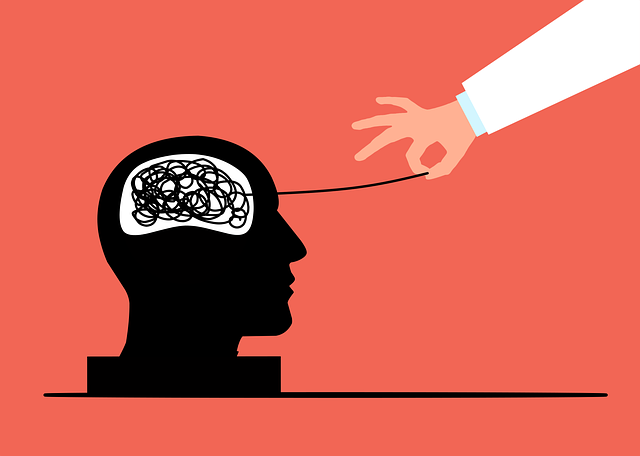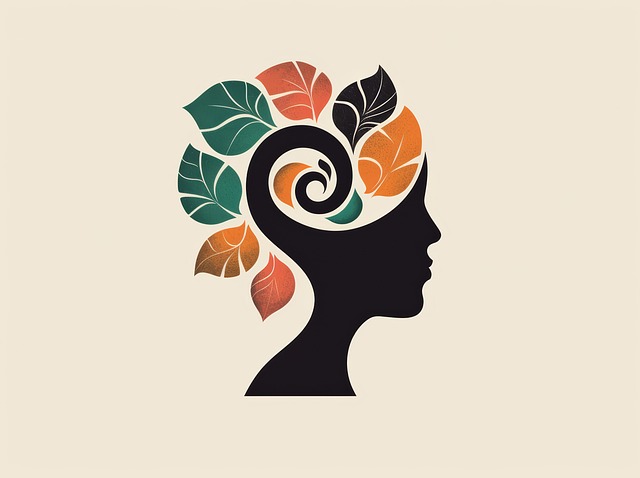Mental wellness apps tailored for therapy among elders and first responders are gaining popularity as accessible, convenient solutions. These apps combat social isolation in elders, address burnout in first responders, and promote stress, anxiety, and depression management through features like meditation, mood tracking, and professional access. With user-centric design, evidence-based techniques, and strict privacy measures, these apps aim to revolutionize therapeutic support for vulnerable populations, fostering resilience and improved mental wellness. Effective marketing strategies are crucial to reach those in need while ensuring cultural competency and user trust.
Mental wellness apps are transforming elderly care and first responder communities by offering accessible, personalized therapy solutions. This article delves into the growing necessity of such digital tools, exploring specific features tailored to elders and first responders. We discuss technical considerations, development best practices, and address marketing, privacy, and ethical concerns. By understanding these aspects, developers can create effective therapy apps that cater to the unique needs of vulnerable populations, enhancing mental health support where it’s needed most.
- Understanding the Need for Mental Wellness Apps in Elderly Care and First Responder Communities
- Key Features of Therapy Apps Designed for Elders and First Responders
- Technical Considerations and Development Best Practices
- Marketing, Privacy, and Ethical Implications of Mental Health App Development
Understanding the Need for Mental Wellness Apps in Elderly Care and First Responder Communities

In today’s fast-paced world, mental wellness is a critical aspect of overall health, especially for vulnerable populations such as the elderly and first responders. The demand for accessible and convenient therapy solutions has led to a growing interest in mental wellness apps. These digital tools offer a discrete and potentially life-saving option for individuals who may struggle to access traditional therapy services. For elders, who often face social isolation and cognitive decline, an app-based approach can provide much-needed companionship and support. Similarly, first responders, like police officers and firefighters, frequently deal with traumatic events, leading to high rates of burnout and mental health issues.
Mental wellness apps have the potential to revolutionize care for these communities by offering on-demand resources and guidance. With features such as meditation exercises, mood tracking, and access to professionals, these applications can help manage stress, anxiety, and depression. Moreover, they provide an opportunity for early intervention and burnout prevention strategies, ensuring that healthcare providers and first responders maintain their resilience and well-being in the face of demanding careers.
Key Features of Therapy Apps Designed for Elders and First Responders

The development of mental wellness apps tailored to the unique needs of elders and first responders is a growing field, aiming to improve access to therapy and self-care practices. These apps offer a discrete and convenient way for individuals in these professions to prioritize their mental health. Key features often include self-care routine development for better mental health with personalized activities like meditation, breathing exercises, and physical reminders to move. Many also incorporate mental wellness journaling exercise guidance, allowing users to track moods, thoughts, and progress while providing a safe space for expression.
Additionally, therapy apps may integrate risk assessment tools designed specifically for mental health professionals, helping them monitor their well-being and identify potential burnout or stress-related issues early on. By leveraging technology in this way, these applications have the potential to revolutionize access to therapeutic support for elders and first responders, fostering better resilience and overall mental wellness.
Technical Considerations and Development Best Practices

When developing a mental wellness app with a focus on therapy for elders and first responders, technical considerations are paramount. The app should be designed with user-centric principles in mind, ensuring ease of navigation and accessibility features to cater to diverse users, especially those with age-related impairments. Integration of secure data storage and encryption protocols is essential to protect sensitive personal health information. Given the sensitive nature of mental health data, adhering to privacy regulations like HIPAA (Health Insurance Portability and Accountability Act) in the US or GDPR (General Data Protection Regulation) globally is crucial.
Best practices involve employing evidence-based therapeutic techniques tailored for seniors and first responders, such as cognitive-behavioural therapy (CBT) modules. Incorporating features for tracking mood, anxiety levels, and sleep patterns through interactive charts and graphs can aid users in monitoring their progress. Additionally, integrating mindfulness exercises, meditation sessions, and stress management workshops organization-wide can enhance emotional intelligence and overall mental wellness. Regular updates based on user feedback ensure the app remains engaging and effective over time.
Marketing, Privacy, and Ethical Implications of Mental Health App Development

In the competitive landscape of mental health app development, successful marketing is key to reaching and assisting a broad spectrum of users, including elders and first responders. Apps focused on therapy for elders and first responders must emphasize their unique features and benefits in a crowded market. Promoting positive thinking and coping mechanisms can attract users seeking enhanced mental wellness tools tailored to their specific needs and experiences. Effective marketing strategies leverage digital channels, partnerships with healthcare providers, and targeted advertising to ensure these apps gain visibility among those who stand to benefit most.
Privacy and ethical considerations are paramount in app development, especially for sensitive mental health data. Developers must adhere to stringent privacy regulations like HIPAA (Health Insurance Portability and Accountability Act) to protect user information. Ensuring transparent data handling practices and obtaining informed consent builds trust with users, particularly when dealing with at-risk populations like first responders exposed to traumatic events. Moreover, cultural competency training for healthcare provider integration ensures that apps cater to diverse user backgrounds, promoting inclusivity and effective mental wellness support.
Mental wellness apps have the potential to significantly enhance therapy for elders and first responders, addressing critical needs in elderly care and public safety. By incorporating key features tailored to their unique challenges, developers can create effective tools that promote mental health and resilience. Adhering to best practices in app development, considering technical limitations, and prioritizing user privacy and ethical marketing are essential steps to ensure these apps live up to their promise. With thoughtful design and implementation, mental wellness apps can revolutionize support for vulnerable populations, offering accessible and convenient therapeutic interventions.


